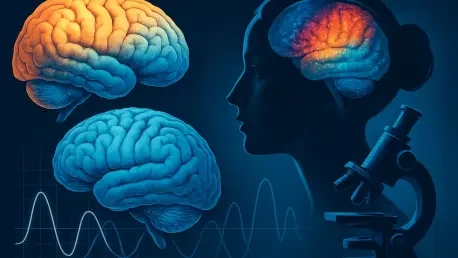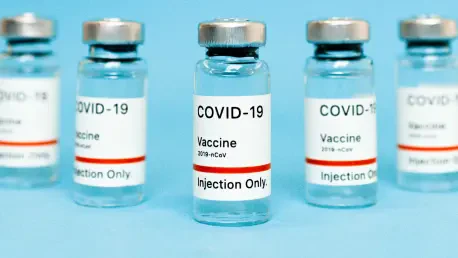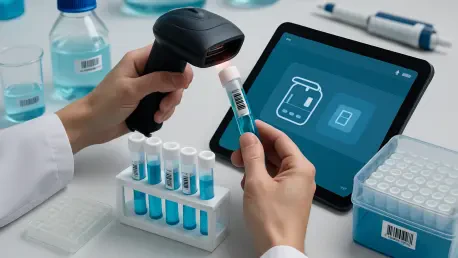

Imagine a silent saboteur lurking within the heart, contributing to its decline in ways that have gone unnoticed for decades until now, as cardiac fibroblasts, once thought to be mere structural support in the heart’s complex architecture, are now revealed as active participants in the progression

What drives the extreme emotional rollercoaster of bipolar disorder, where manic highs can spiral into crushing depressive lows in a matter of days, leaving millions worldwide searching for answers? This question haunts not only those affected but also the scientists striving to unravel the brain's

The National Health Service (NHS) in the UK faces a pivotal moment where strategic inward investment could redefine healthcare delivery and economic vitality, especially in Wales, a region grappling with unique challenges and brimming with potential. With escalating patient demand, persistent

In a startling revelation that underscores the fragility of Malaysia’s public healthcare system, a staggering 293 out of 542 newly posted medical officers failed to report for duty in Sarawak, a state already grappling with severe doctor shortages. This alarming statistic is not just a local

In a bustling hospital ward in early 2025, the quiet hum of ventilators serves as a stark reminder of a virus that refuses to fade into history, continuing to challenge global health systems by striking hardest at the most vulnerable. Why does this persistent threat still loom large, and how are

In an era where medical technology is advancing at an unprecedented pace, Elos Medtech, a Sweden-based global leader in the medical device industry, stands out as a transformative force driving progress and partnership. Operating as both a contract development and manufacturing organization (CDMO)

I'm thrilled to sit down with Ivan Kairatov, a renowned expert in biopharma with a deep understanding of technology and innovation in the industry. With years of experience in research and development, Ivan brings a unique perspective to the intersection of science and mental health. Today, we’re

I'm thrilled to sit down with Ivan Kairatov, a renowned biopharma expert with extensive experience in research, development, and cutting-edge technology in the industry. Today, we’re diving into an exciting partnership that promises to revolutionize traceability in clinical consumables, focusing on

In the realm of assisted reproductive technology, in vitro fertilization (IVF) stands as a beacon of hope for countless individuals striving to build families, yet a staggering statistic reveals that up to 90% of embryos fail to implant or develop successfully, even with advanced testing methods.

In a deeply concerning breach of trust and security, Doctors Imaging Group (DIG), a Florida-based X-ray provider, has come under intense scrutiny for a data breach that exposed the personal and medical information of over 170,000 individuals, with notification to affected patients delayed by nearly
ITCurated uses cookies to personalize your experience on our website. By continuing to use this site, you agree to our Cookie Policy